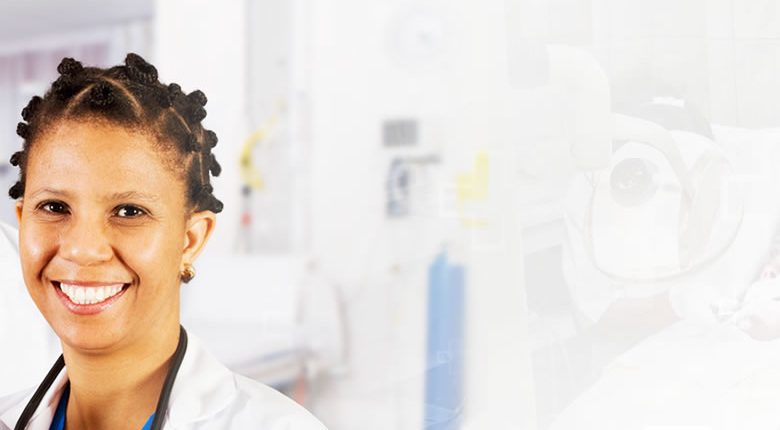SQHN trains healthcare workers in patients’ safety

The Society for Quality Healthcare in Nigeria (SQHN) has begun training for healthcare workers to improve the safety and quality of their service delivery to patients in the country.
The Quality Specialist Executive Manager, SQHN, Dr Damilola Matti, made this known at the opening of a two-day workshop organised by the organisation in partnership with Medic West Africa, on Wednesday in Lagos.
The workshop has the theme: “Advancing Healthcare Excellence: A Certificate Workshop on Quality, Patient Safety and Healthcare Standards”.
Matti, also Consultant Public Health Physician and Facilitator at the workshop, said there was need for health facilities to implement and follow the safety guidelines and policies.
She regretted that most health facilities had the patient safety policies and guidelines but lacked the ability to implement, monitor and enforce its compliance.
She identified wrong identification of patient as a challenge and advised that healthcare workers should endeavour to identify the patient correctly before giving any form of treatment.
She said to avoid medication errors, patient identification must not be limited to name of the patient, but include the patient’s date of birth, age, sex and other vital information.
According to her, the workshop aims to provide participants with an understanding of the intricate interplay between quality, patient safety, and adherence to healthcare standards.
She said, “Identifying the patient correctly and knowing the right procedure to apply is key in maintaining patient safety and safety of the medications.
“There were instances where patients were wrongly identified and given the wrong medications that resulted to their deaths. The essence of the workshop is to train health workers on medical safety measures to prevent avoidable mistakes and deaths.”
Matti, therefore, called on the Federal Government to prioritise welfare of the health workers, ensure their conducive working environment and adequate renumeration.
According to her, the government should ensure adequate provision of the needed infrastructural facilities and occasionally organise training for the health workers to improve their performance and productivity.
“If a medical staff is working under a conducive environment with adequate incentives, welfare support and renumeration; the personnel will work with more relaxed and dedicated mind leading to high productivity and reduced medical errors,” Matti said.
Speaking, Dr Olabisi Ogunbase, Quality Lead, Lagos State Health Service Commission, said that medication errors had became an issue of public health concern, as many patients had lost their lives due to medical errors.
Ogunbase said that a lot of harms and errors were happening in the health sector, which were quite preventable, emphasising the need for the health workers to know more about patient safety.
She said, “Medication errors has become an issue of global burden and public health concern.
“Clinicians should endeavour to make health care safer and avoid medication errors whether in terms of surgical issues, anaesthetic errors or healthcare associated infections.
“Patients don’t need to encounter harms when they come to hospitals because most of these harms are preventable, hence the need for health workers to learn and know more about patient safety.”
Ogunbase, therefore, called on the leaders to refrain from punishing healthcare workers for making mistakes, saying that the intervention should move away from punishments to system thinking.
According to her, the focus should be on restructuring the system, training and educating the healthcare workers for improved service delivery.
“The leaders should know that “to err is human, to forgive is devine. No one is above mistake.
“There should be a mind shift from punishment to system thinking, education and training the health workers by instituting those strategies that will ensure safety of the patients when they come to hospitals.
“Because if an individual is punished for making mistake, the next person that will make mistake will not report, rather, he/she will hide the mistake and this might affect the patient.”




